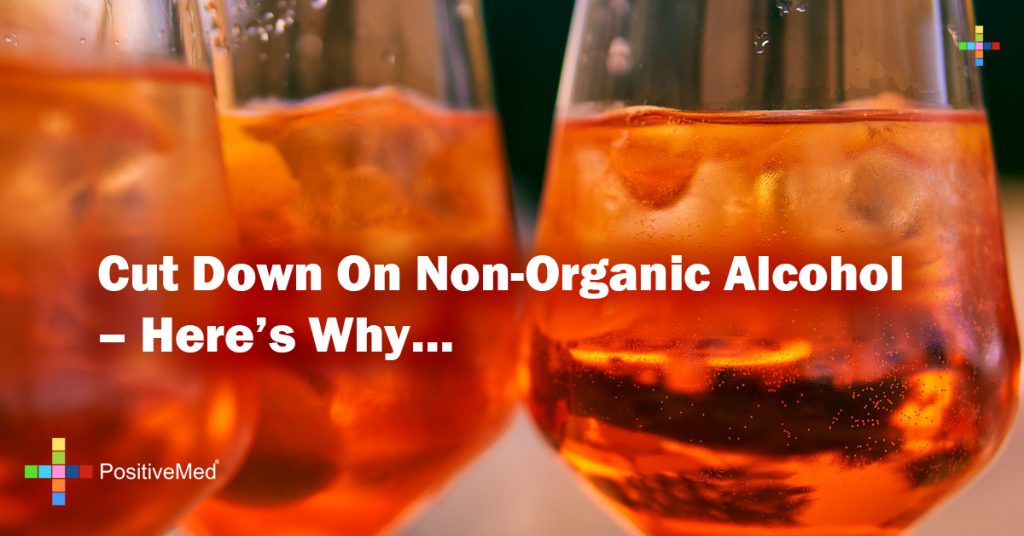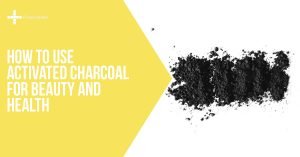
Cut Down On Non-Organic Alcohol – Here’s Why…
It’s come to my attention that most social gatherings or bar scenes do not supply what I would consider “healthful alcoholic” beverages. For me personally, I would love to go out for a night on the town while being able to drink a glass of organic wine. Unfortunately, the small area in which I reside, does not have this option. Although many larger high-end cities do offer select organic liquor options, I find that some of the biggest health nuts I know still lean towards the old familiar and readily available non-organic choices.
The following might make you think twice about your beverage of choice…
I, myself, am very sensitive to chemicals and preservatives- this seems to be either an advantage or disadvantage. It is an advantage because I feel my body will be more healthful in the long run not dealing with the additives but a disadvantage because at times, I feel excluded from social events due to my dietary restrictions. I have noticed when I drink a glass of non-organic wine, I would often experience stomach cramping and the next day felt fatigued and had developed a slight skin rash. I attributed this inflammation on my skin to some “un-natural” component in the wine I had consumed. Then, when I began to drink organic wine, I noticed that the following day I had no ill side effects and I felt happy and upbeat. The difference was unbelievable.

No, not all wine is created equal…
When I began to discuss this theory with close friends and nutrition based colleagues, I was surprised that most thought all wine was already “organic”-quite the opposite!
Some alcohols are still in existence which contain urethane- a dangerous chemical. Not to mention that most non-organic wines are comprised of sulfites to preserve the color, flavor and shelf life. Yes, even chains like “Trader Joe’s”- still carry sulfated wines. That being said, make it a point to check the labels. If you get yourself a nice organic wine, be sure to verify that it is USDA certified organic and sulfite-free. You can also look for the “NSA” abbreviation on the bottle- which stands for “No Sulfites Added”.
If you have sensitivities to certain foods like I do, all sulfites should be 100% eliminated from the diet. Just like with preservative rich foods, alcohol and the chemicals it contains can be a hidden culprit to your health. I hope to see more and more bars making organic liquors readily available for those who care about their well-being. Life is all about what’s in demand. If we all push for changes they will begin to happen. Hopefully, doing away with chemically enhanced alcohol will be part of this transformational health craze movement.
Your best bet if going non-organic?
Wines dark in color(red wine) require much less sulfurs added vs the amount found in white wines. In addition, wines high in sugar content require more sulfur to prevent the fermentation process. The best option when drinking non-organic alcohol would be a dry red wine low in sugar or a gluten-free organic beer. Remember to always stay hydrated following anytime you consume alcohol.

Eileen FedynEileen is a homeopathic health consultant certified in plant-based nutrition and creator of the blog for “total body wellness”- www.QueenofGreen.org. She has dedicated her lifestyle to being as health conscious as possible and believes whole-heartedly in healing illness naturally. She says that being raised by a father and mother who never allowed her to consume soda or white bread helped to inspire the life and practices she lives by today. Eileen is dedicated to providing enriched health knowledge to everyone she meets and believes it is never too late to change your mindset and your life! Her slogan: Change Your Genes – Eat More Greens!





